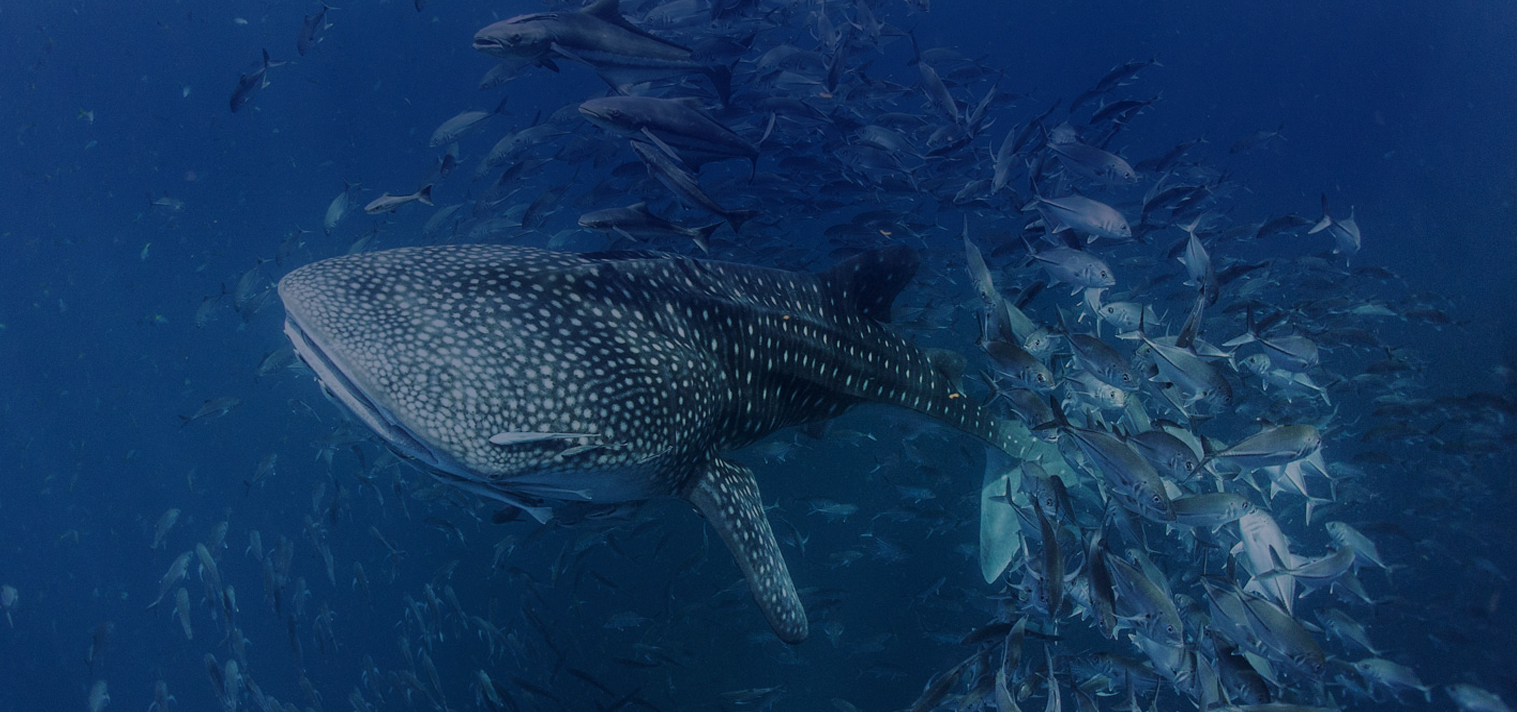The IOCARIBE ANCA Network held a regional workshop to strengthen national capacities in the use of the HAEDAT database, the global platform that records harmful algal bloom (HAB) events. The session provided a practical demonstration on how to enter, edit, and retrieve information, while highlighting the importance of improving the quality and consistency of data reported across the region.

2 décembre 2025
The IOCARIBE Regional ANCA Network hosted a virtual workshop dedicated to the practical use of the HAEDAT database, aiming to support Caribbean countries in the standardized reporting of harmful algal bloom events. The activity brought together national experts who learned about the platform’s key functions, its role within the global HAB information system, and the steps involved in submitting complete and accurate reports.
During the session, participants were guided through the essential components of HAEDAT and engaged in hands-on exercises to practice entering events, understanding mandatory fields, and reviewing data download and verification processes. The workshop also encouraged discussion on regional challenges, including the need for georeferenced information and complete environmental descriptions for each event.
The training emphasized the importance of strong inter-institutional coordination within each country to avoid duplicate entries and ensure continuity in annual reporting. Participants also reviewed recommendations to strengthen the role of national focal points and contribute to a more robust database that supports regional assessments and aligns with the upcoming relaunch of the platform.
IOCARIBE and the ANCA Network will continue working closely with Member States during 2026 to review active users, update access credentials, and support capacity development. This workshop represents an important step toward building a more prepared regional community with stronger tools for understanding and managing HAB events in the Caribbean.
By Alex Palomino
CURRENT NEWS ITEMS
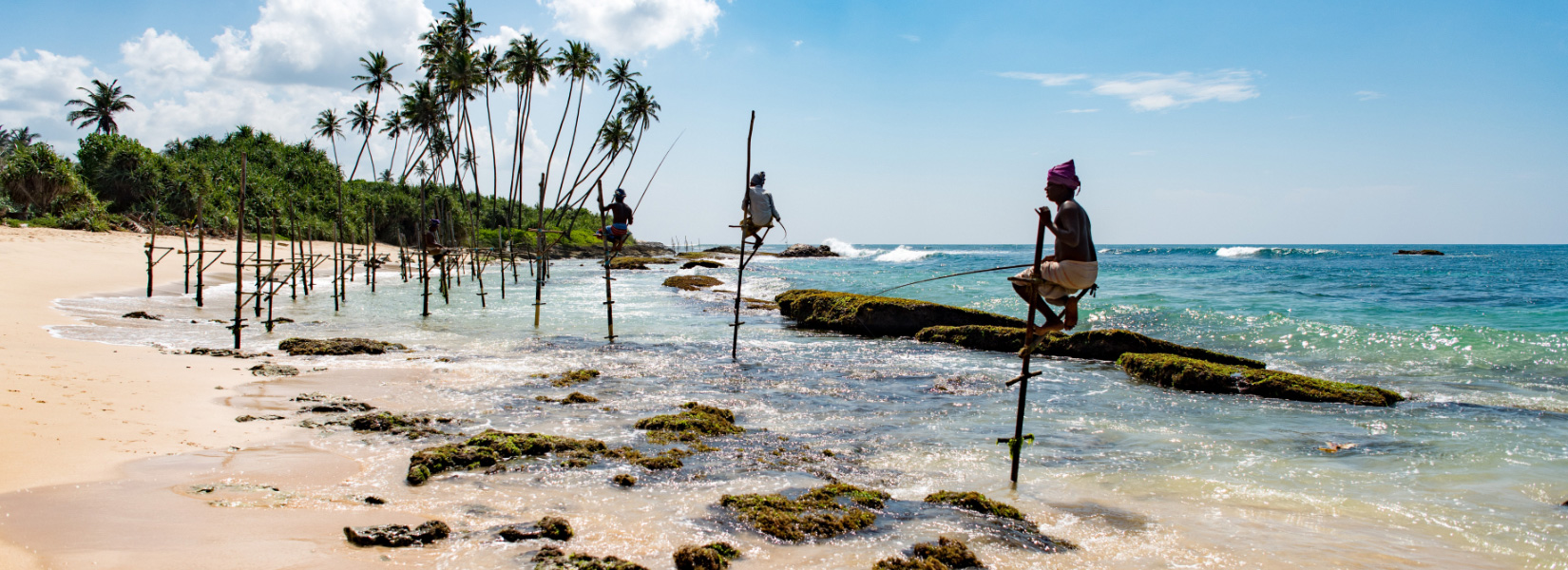
11 mars 2023
Ocean observing is essential for a better understanding of how society and all life on earth is affected by climate change. The information gathered is invaluable to…

17 février 2023
Joining the group as founding members are five private-sector companies representing a diverse range of industries. They include Alcatel Submarine Networks, Ava Ocean,…

17 février 2023
Accessing the Ocean CD-Hub platform, individuals can easily search for information on available…
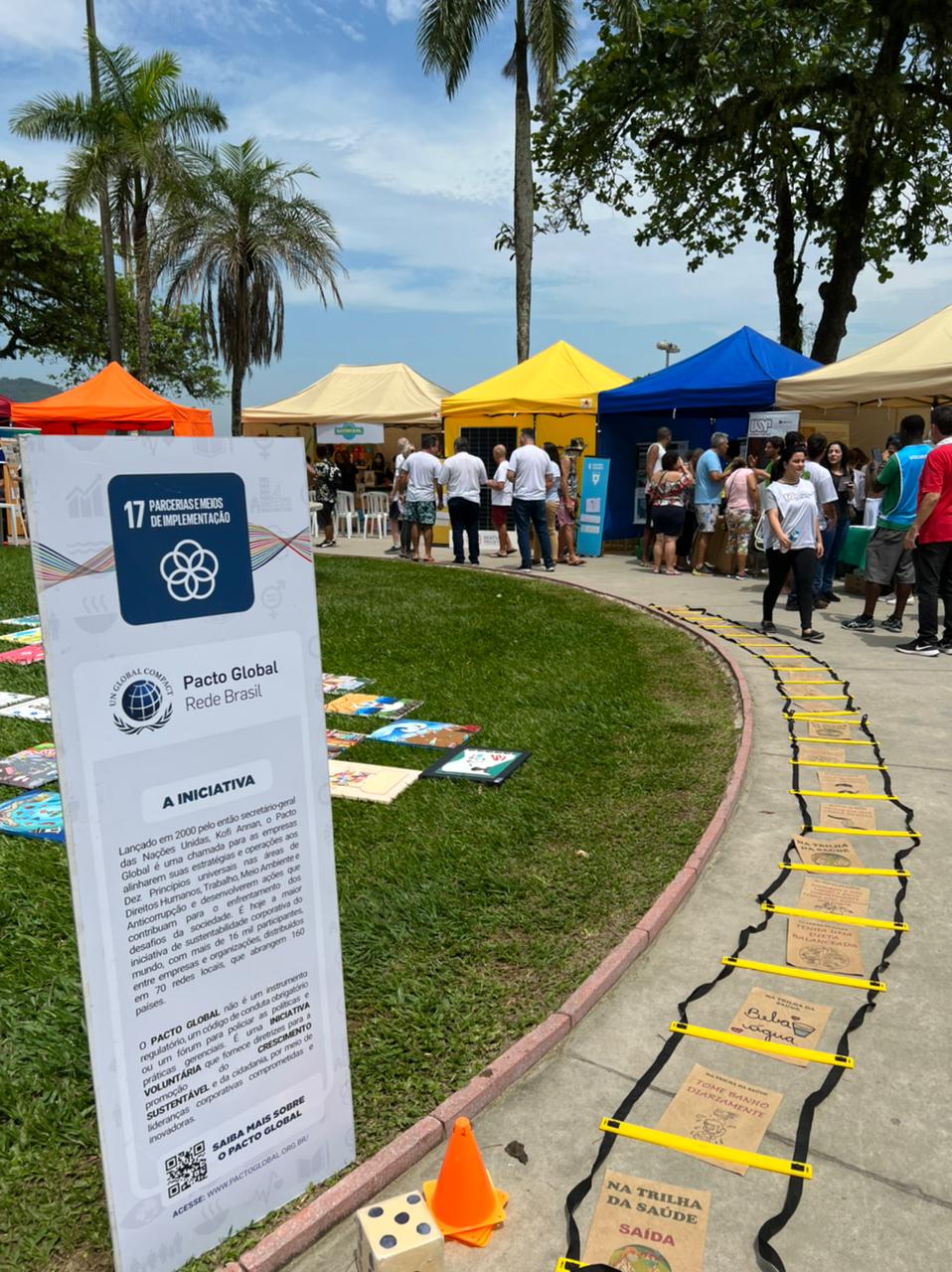
8 février 2023
Adopted by all United Nations Member States in 2015, the 17 SDGs are an urgent call for action by all countries, in a global…
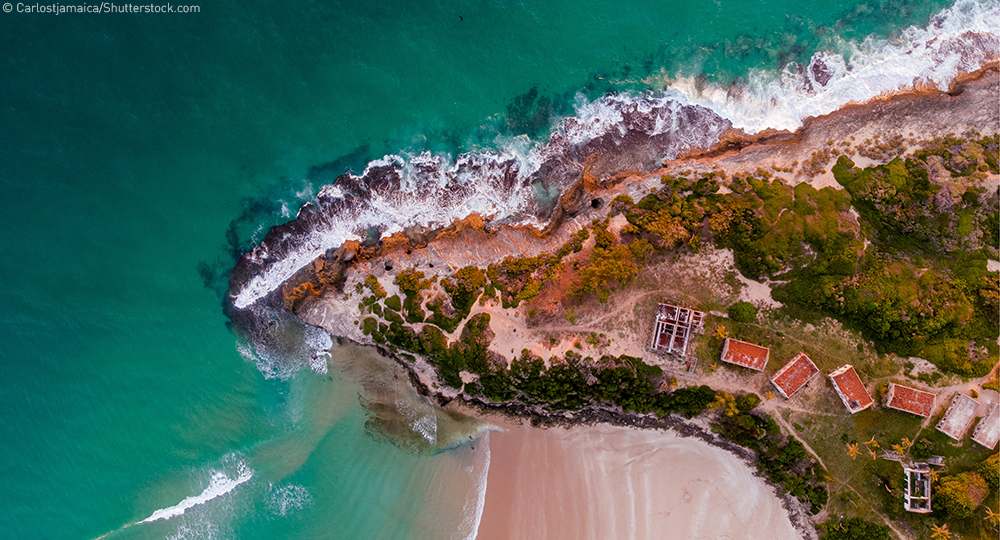
7 février 2023
Seven of the newly endorsed Decade Actions are innovative postdoctoral research projects with a focus on science-based interventions for coastal livelihood preservation…
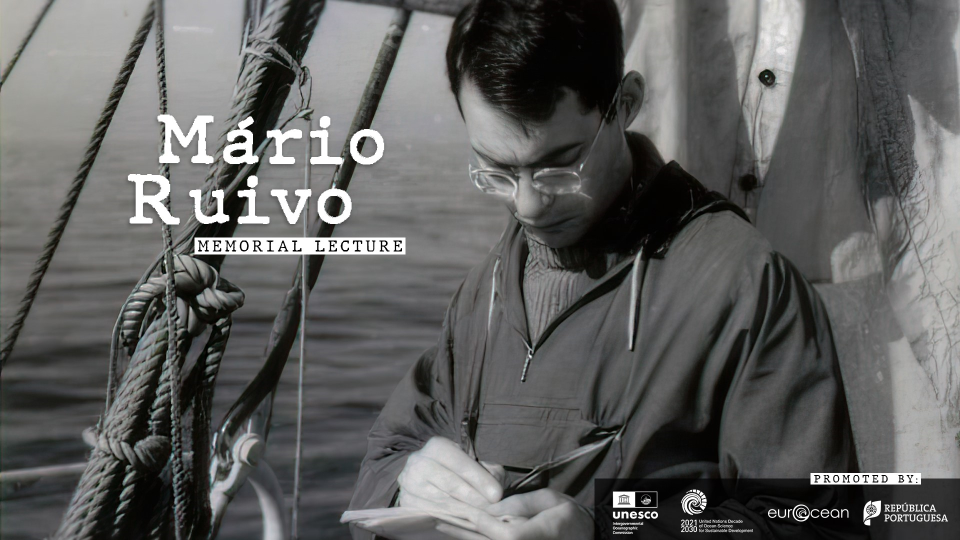
2 février 2023
"Mário, the 5th IOC-UNESCO Executive Secretary, imprinted on the international ocean community his unparalleled professional and ethical drive. His unyielding belief in…
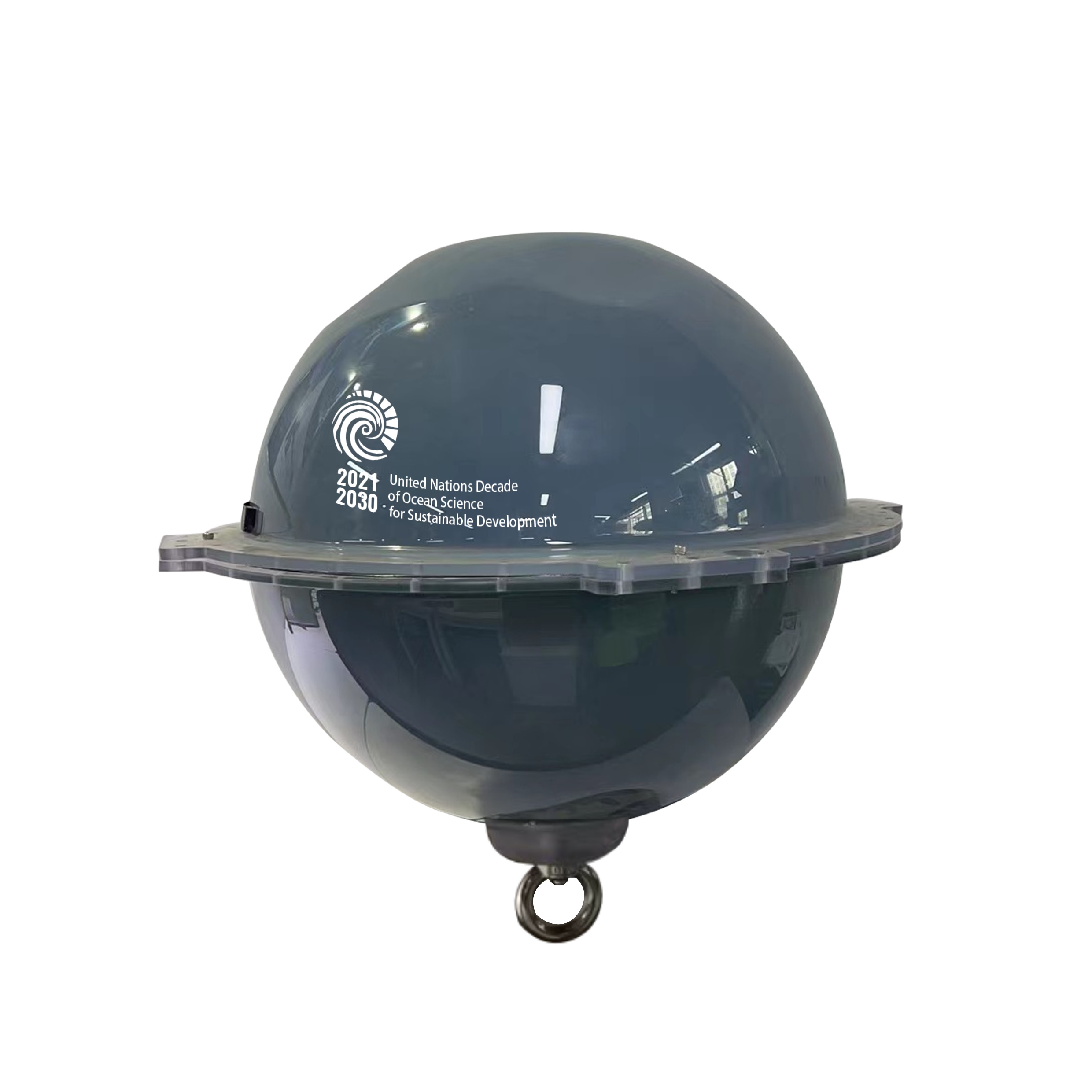
1 février 2023
The new-generation GNSS surface drifting buoy created by Professor Fangli Qiao, Principal Investigator of the OSF Programme and Deputy Director General of FIO, and his…
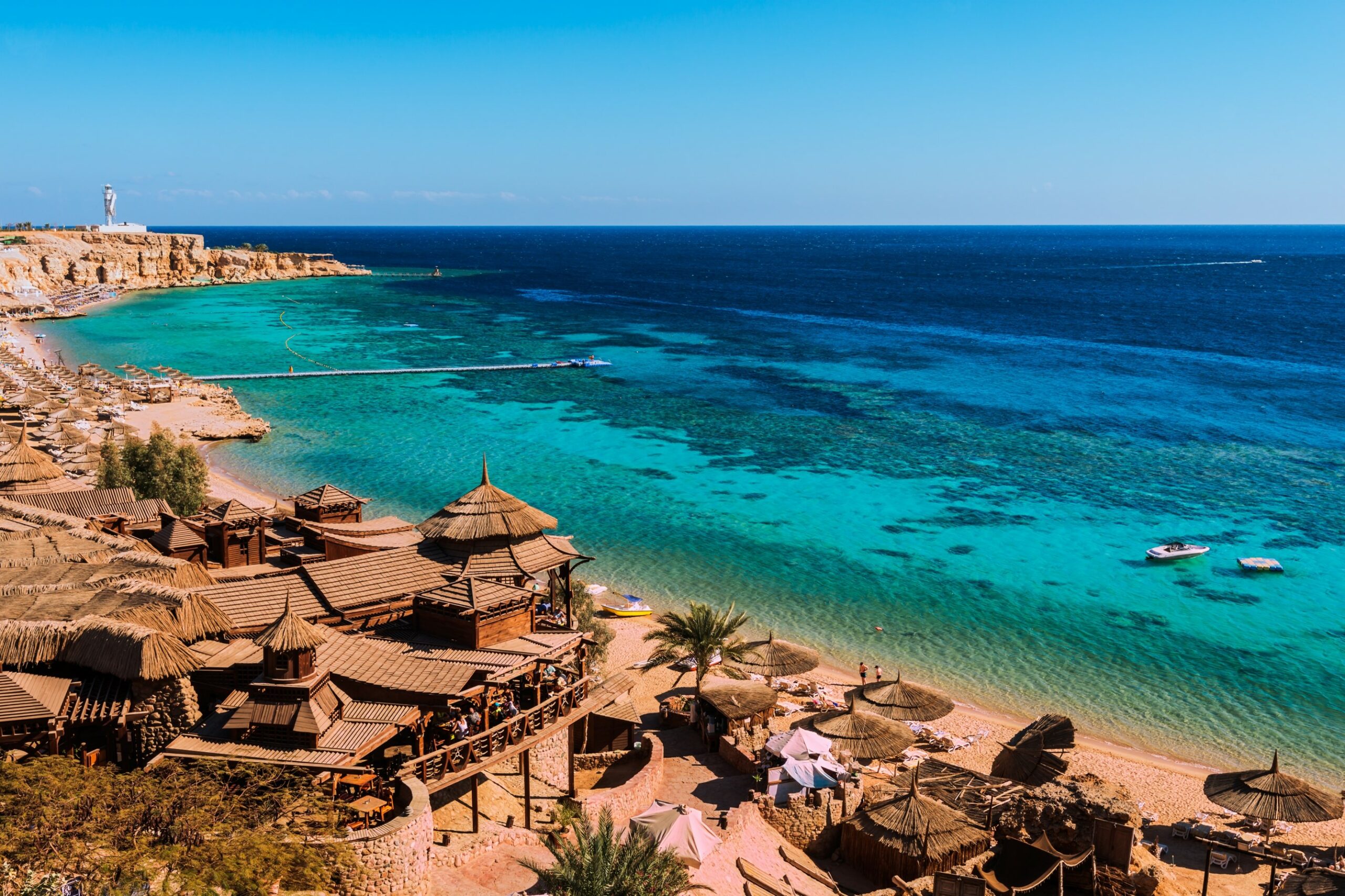
3 novembre 2022
All events will align with the priorities of the Egyptian Presidency of COP27 related to adaptation, mitigation, financing and collaboration, and the key messages of…
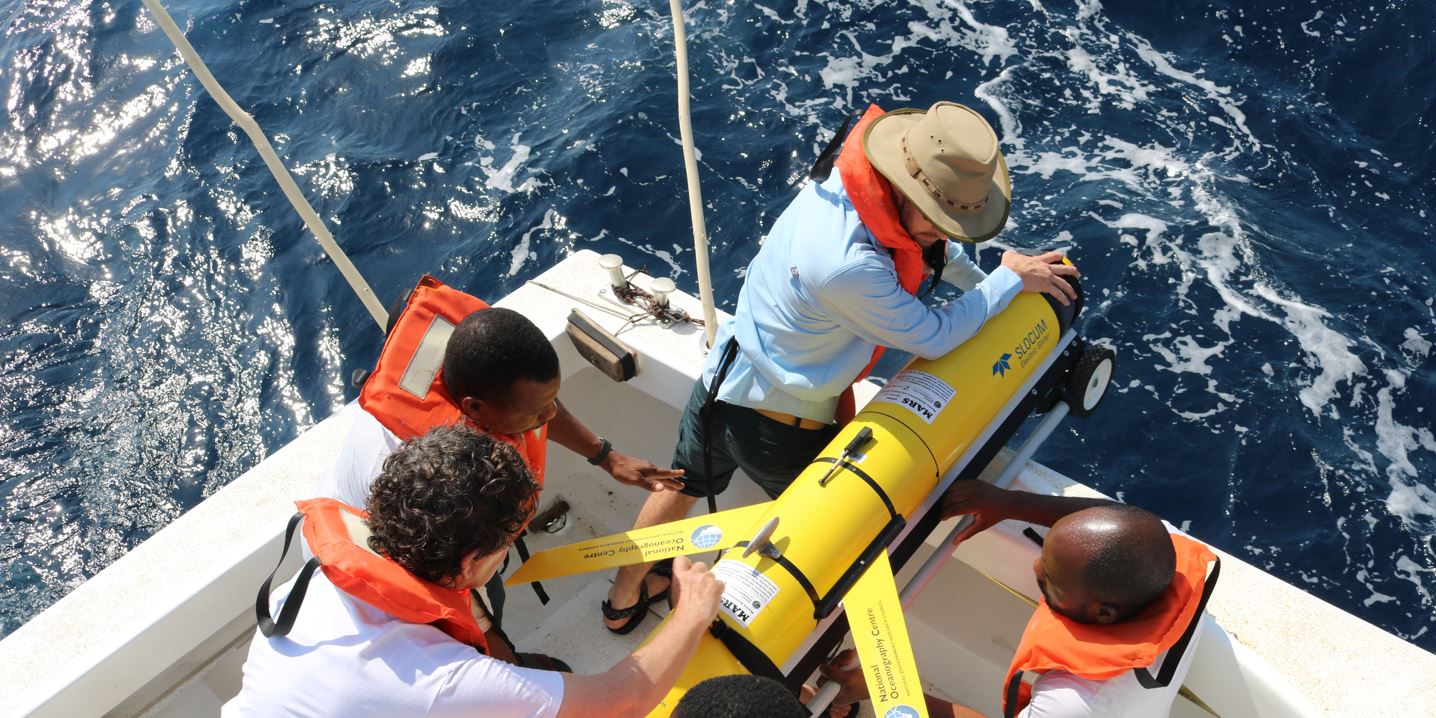
18 octobre 2022
In 2022 the Report focuses on how an integrated observing network adds value to society across the three GOOS delivery areas of climate, operational services and ocean…




